For pigs left in the barn after a load-out event, viral contamination may be transferred from the contaminated livestock trailer, driver, or other carrying agents. Questions about how frequently this occurs, or alternative biosecurity measures to reduce frequency, remain. Consequently, the Swine Health Information Center (SHIC) funded a study conducted by personnel from Iowa State University to try to objectively assess these issues. The study evaluated if implementing a staged loading procedure for market pigs is effective at preventing transfer of swine pathogen contaminated particles from livestock trailers to the barn using fluorescent powder (Glo Germ) as a marking agent to be able to see traffic patterns. The study compared a conventional method of loading and a staged loading procedure. Four out of the five measuring points in the center alleyway of the barn had a level of contamination that measured significantly lower (p<0.05) for the staged loading protocol compared to the conventional loading protocol.
In standard loading protocols, there is usually only one line of separation between the livestock trailer and the end of the load-out chute. Load-out crew members cannot cross over this line into the livestock trailer and the driver cannot cross over onto the chute. In a staged loading protocol, a second line of separation is implemented. One member from the load-out crew is stationed between the two lines of separation in which he or she cannot cross onto the livestock trailer or cross the second line of separation into the center alleyway of the barn. The remaining load-out crew members within the barn cannot cross the second line of separation into the load-out alleyway or chute. In the study, there were 10 replicates per loading procedure.
During the study, Glo Germ was mixed with obstetric gel and dry wood chips in a large plastic bag and spread evenly on the floor of the livestock trailer, just inside the roll-up door opening to the chute. Load-out was observed and when completed, Glo germ contamination was evaluated using a grid of eight different measuring points within the chute after the first line of separation, two within load-out alleyway before the second line of separation, and five within the center alleyway.
The staged loading procedure completely eliminated contamination within the center alley measurements in one replicate, but, did not completely eliminate contamination in all other replicates. Four out of the five measuring points in the center alleyway of the barn had a level of contamination significantly lower (p<0.05) for the staged loading protocol compared to the conventional loading protocol. The difference at the fifth measuring point in the center alleyway of the barn was nearly significant (p=0.0573). The level of contamination measured at all other measuring points, in the chute and load-out alleyway, were not statistically significant between the two study groups.
Further research will follow-up on this proof of concept. Work to develop an objective evaluation of swine health as affected by conventional vs. staged loading is underway.
As the world deals with the COVID-19 pandemic, SHIC continues to focus efforts on prevention, preparedness, and response to novel and emerging swine disease for the benefit of US swine health. As a conduit of information and research, SHIC encourages sharing of its publications and research. Forward, reprint, and quote SHIC material freely. SHIC is funded by America’s pork producers to fulfill its mission to protect and enhance the health of the US swine herd. For more information, visit https://www.swinehealth.org or contact Dr. Sundberg at [email protected].
Copyright 2024 | Swinehealth.org | Website by Heartland Marketing Group